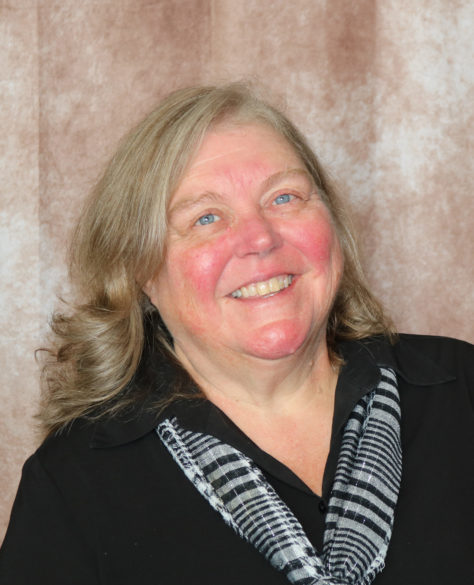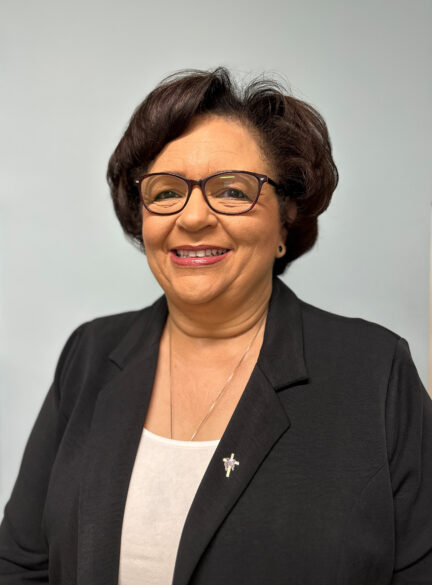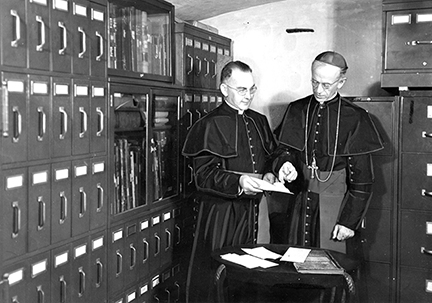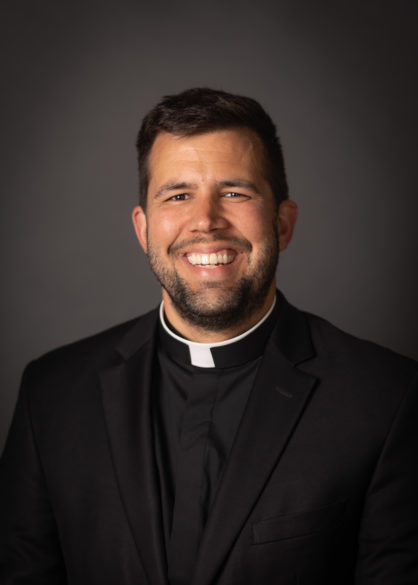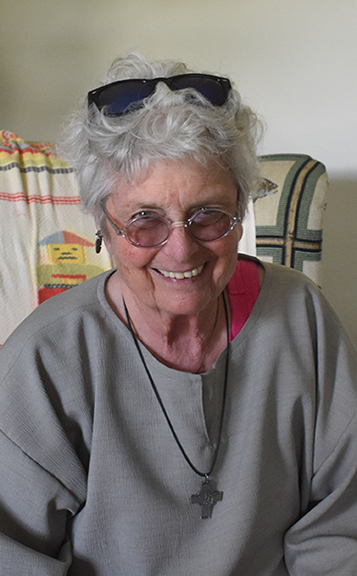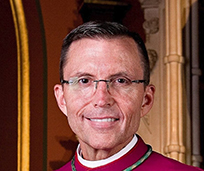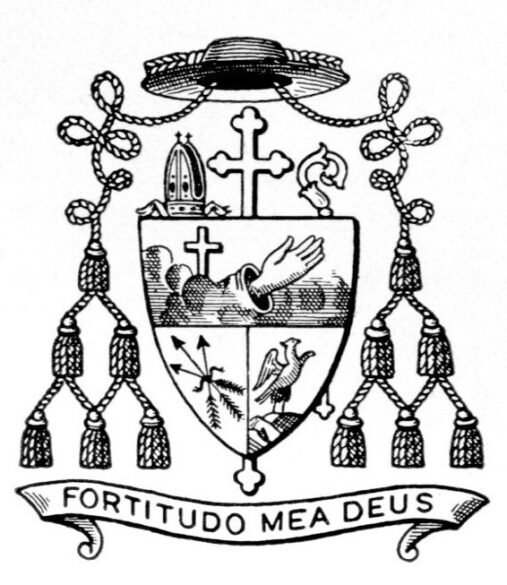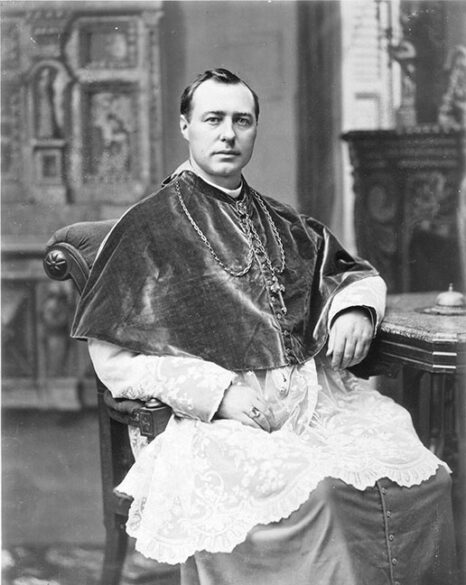IN EXILE
By Father Ron Rolheiser, OMI
The opening pages of the Bible offer us a series of stories set at the beginning of history which are meant to explain why the world today is as it is. The Adam and Eve story about original sin is one of those stories. There are others. These stories, because they use imagery that might make them sound like fairy tales, can seem total fantasy to us, but they are stories that are truer than true. They happened. They happened to the first man and woman on this planet, and they continue to happen today in a way that affects every man and woman throughout history. They are stories of the heart, not meant to be taken literally, but carrying lessons for the heart.

One of these “in the beginning,” foundational, archetypal, stories is the story of the Tower of Babel. In street language, it goes like this: In the beginning (before time was like it is now) there was a town called Babel which decided it would make a name for itself by building a tower so impressive that all the other towns would have to admire it. They began building the tower, but something strange happened. As they were building it, they suddenly all began to speak different languages, were no longer able to understand each other, and scattered around the world, each now speaking in a language incomprehensible to everyone else.
What’s the lesson? Is this meant to explain the origin of the different languages of the world? No, rather it is meant to explain the deep, seemingly irreconcilable misunderstandings among us. Why do we forever misunderstand each other? What’s at the origin of this?
There are multiple ways this story can be used to shed light on the divisions in our world today. Here’s one: Writing in The Atlantic last year, social psychologist Jonathan Haidt suggested that there is perhaps no better metaphor to explain the divisions among us today than the tower of Babel. His argument runs this way: Social media, the very thing that was meant to connect us not only to our friends and families but to people from around the globe, has in fact led to a radical fragmentation of our society and to the shattering of all that had seemed solid, the scattering of people who had been a community. Take America, for example; while we might still be speaking the same language, social media and cable news echo chambers have supplied us with different sets of facts, values and visions that make actual conversation increasingly impossible.
As the recent tensions around the U.S. presidential elections made evident, as a society we no longer speak the same language in that we can no longer understand each other on virtually every key issue – global warming, immigration, poverty, gender, health, abortion, the place of religion in the public sphere, whose side truth is on, and, most important of all, what truth is. We no longer share any common truths. Rather, we all have our own truth, our own individual language. As the popular saying goes, I have done my own research! I don’t trust science. I don’t trust any mainstream truths. I have my own sources.
And those sources are many, too many to count! Hundreds of television channels, countless podcasts and millions of persons feeding us their idiosyncratic version of things on social media so that now there is skepticism about any fact or truth. This is dividing us at every level: family, neighborhood, church, country and world. We are all now speaking different languages and, like the original inhabitants of Babel, are being scattered around the world.
In the light of this, it is noteworthy how the original Pentecost is described in scripture. The Acts of the Apostles describes Pentecost, the coming of the Holy Spirit, as an event which reverses what happened at the tower of Babel. At the tower of Babel, the languages (the “tongues”) of the earth divided and scattered. At Pentecost, the Holy Spirit descends on each person as a “tongue of fire” so that, to everyone’s great surprise, everyone now understands everyone one else in his or her own language.
Again, what is being described here is not about literal human languages – where at Pentecost everyone suddenly understood Greek or Latin. Rather everyone now understood everyone else in his or her own language. All languages became one language.
What is that common language? It’s neither Greek nor Latin nor English nor French nor Spanish nor Yiddish nor Chinese nor Arabic, nor any other of the world’s spoken languages. Neither is it the less-than-fully-compassionate language of the conservatives or the liberals. It is, as Jesus and our scriptures make clear, the language of charity, joy, peace, patience, goodness, long-suffering, fidelity, gentleness, faith and chastity.
This is the only language which can bridge the misunderstandings and differences among us – and when we are speaking it, we will not be trying to build a tower to impress anyone.
(Oblate Father Ron Rolheiser is a theologian, teacher and award-winning author. He can be contacted through his website www.ronrolheiser.com.)

